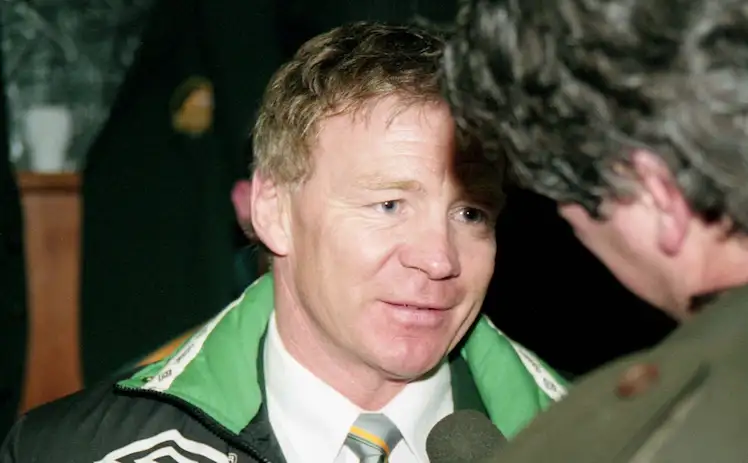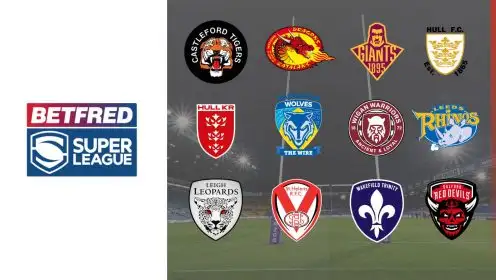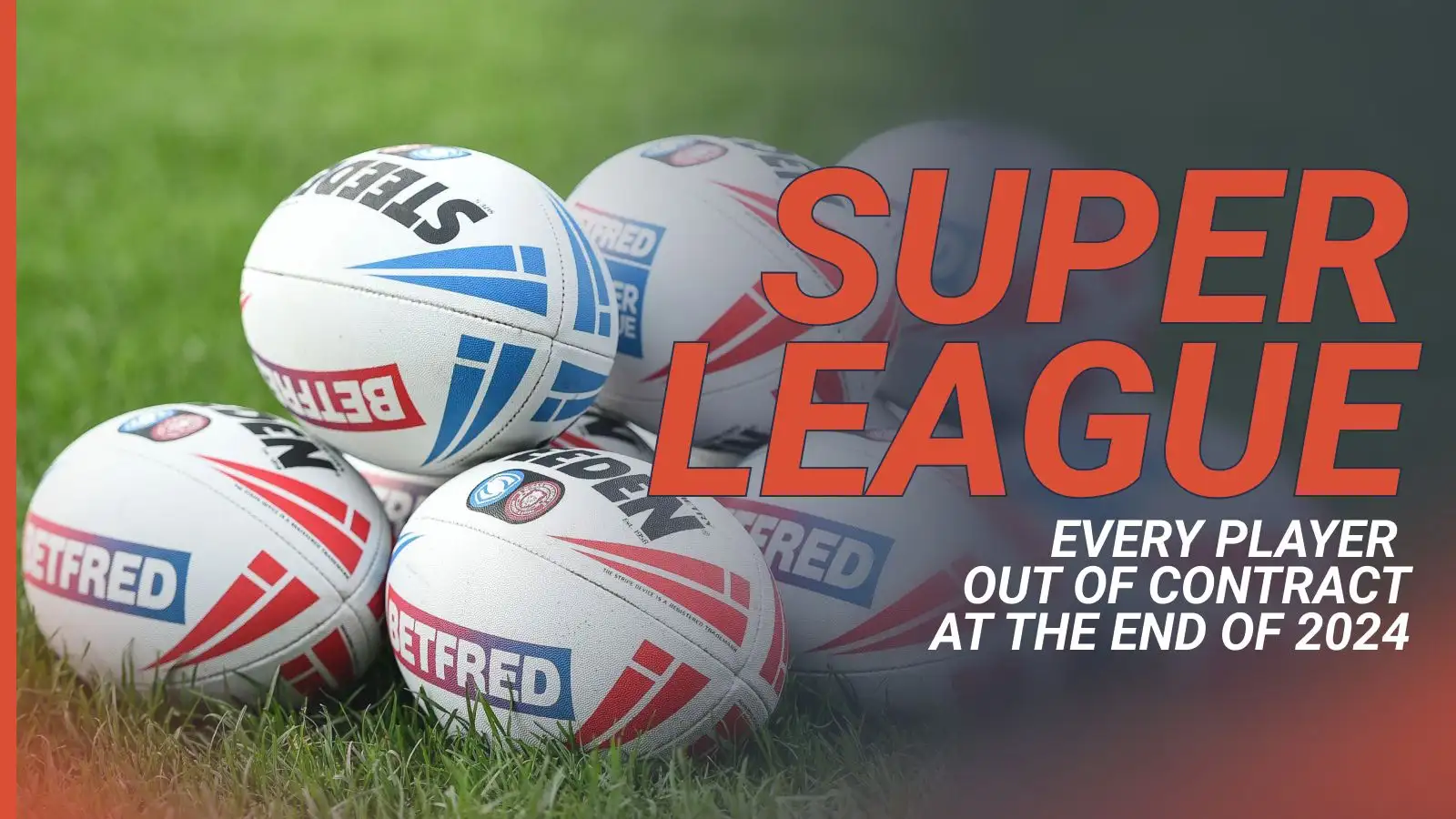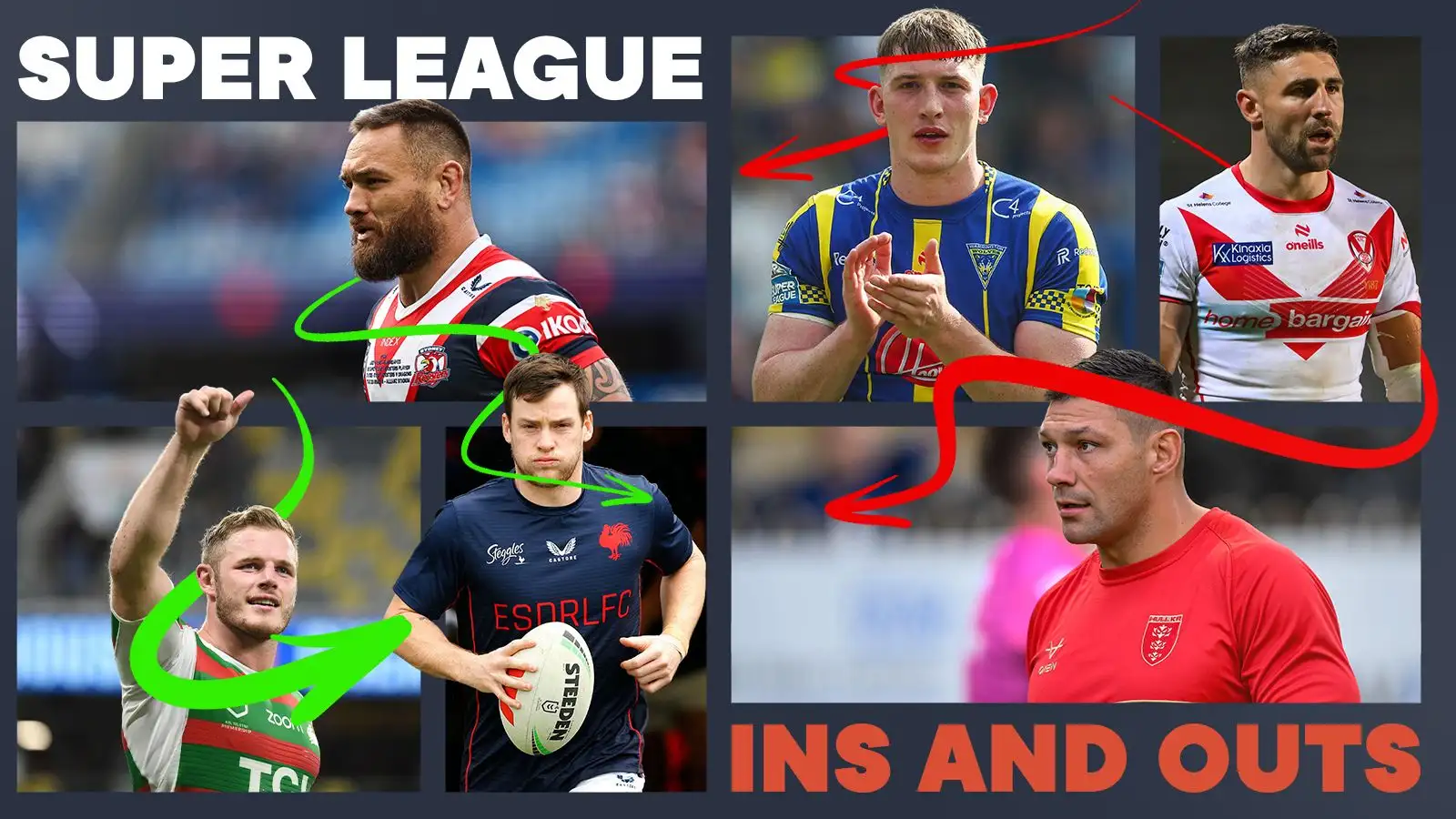In depth: Bob Fulton was born in Warrington but made in Australia

Bob Fulton was born in Warrington but he was made in Australia.
The Australian rugby league scene has certainly seen its fair share of era defining characters who became pioneers and masters of their craft – you can take the names of Clive Churchill, Ken Irvine, Arthur Beetson and Reg Gasnier to name a few. Each player became a generational talent who paved the way for the talent of today in the southern hemisphere.
However, today we are going to add another name to this list and that is the legendary Fulton. A player who became without a question a star of the game in the late 1960s and early 70s and went on to achieve a profound amount of success as a player and coach at both club and international level. We add another chapter to the in-depth series as we take a closer look at the career of the Aussie legend.
Despite spending most of his life in Australia, Fulton was born out of Stockton Heath in Warrington, England before making the move down under with his family when he was four.
His path to rugby league immortality began after making his professional debut for Western Suburbs in Illawarra Rugby League at the age of just 17. The talent was simply undeniable as it wasn’t before long that the Northern Beaches would come calling as Fulton was scouted by Manly-Warringah Sea Eagles in 1966 and he went on to make his NSWRFL debut that same year where his legacy began.
Even at such a young age, Fulton already looked to be a star in the making, playing at either centre of five-eighth for a formidable Manly side of the late 60s and early 70s. After one year in New South Wales rugby, he had already earned his first representative call-up for the State before going on to show he was a natural born leader after captaining Manly at such a tender age in the 1968 Grand Final against Souths – the youngest ever to do so at the time.
Although his first taste of a Grand Final ended in defeat, there was still plenty of success. Even though he was not that far into his professional career, Fulton was given his first Australia cap in time for the 1968 World Cup where he claimed his first of three titles with a 20-2 victory over France at the Sydney Cricket Ground. From there, he went on to earn regular international selection for the next decade.
Following the end of the 1969 season, Fulton made a return to England in a return fitting of the prodigal son as he accepted an offer to play for Warrington during the 1969-70 season and what an impact he would make. In 16 games, he showcased his try scoring capabilities with 16 tries to his name before making the move back out to Manly.
The Aussie legend eventually went on to show he was a leader of men with a strong Manly side that at one time or another featured the likes of Graham Eadie, Max Krilich and Irvine as they went on to win three NSWRFL titles in 1972, 1973 and 1976. The 1973 addition saw the man at his very best as he took matters into his own hands in the final, scoring two tries in Manly’s tough and bloody 10-7 win over Cronulla-Sutherland.
After winning a third title in 1976 in which Fulton was the top try scorer yet again, shockwaves were sent around the rugby league world as he made the switch to Eastern Suburbs and although another league crown would elude him throughout the rest of the 70s, he still showed how prolific he could be with 18 tries across 50 games. By 1979, his more than exceptional career was unfortunately cut short due to a severe knee injury sustained after only eight games into the season.
There is no question that in 14 seasons Fulton established himself as one of the true greats of the game. By the end of his career with Manly, he was the club’s all-time top try scorer at the time with 129. It would be a record that stood until 2006 when Steve Menzies went one better. During his time with Manly, Warrington and Easts, he made 285 appearances, scoring 163 tries.
A career filled with a tremendous amount of success and title winning glory translated in to his coaching career. After retiring, Fulton took over as coach of the Eastern Suburbs where he led them to a Grand Final in his first full season in charge but they came up short against Canterbury. By 1983, he made his return to Manly where success, again, was just around the corner. In his first season in charge, he made another final appearance but he would come up just shy after his Sea Eagles side lost to Parramatta. However, after missing out on three separate occasions, Fulton eventually overcame his drought in 1987 as the Sea Eagles overcame Canberra to claim their first title since 1978.
In 1989, his time as coach saw even more success as he was appointed Australia boss and between 1989-98, he guided the Kangaroos to tour victories in 1990 and 1994 as well as claiming World Cup glory in 1992 and 1995. A second spell with Manly came in 1993 and in turn, he led one of the great rugby league side’s to three consecutive Grand Finals from 1995 and 1997, winning the ARL title in 1996. Even his time as a head coach was filled with plenty of accolades and title triumphs, however, it came to an end in 1999 with a win percentage of 67% at all levels.
Overall, there did not seem to be a level of rugby league that Fulton did not find success at whether it was at club, state or international level as a player or even a coach. It didn’t seem to matter as his skillset and knowledge of the game were second to none.
A career worthy of him of being selected as one of the original four post war Immortals that included Gasnier, Churchill and Irvine. The former Manly and Easts star was a player who could single handily turn a game on its head with his creative and unorthodox style of play and his competitiveness to win was always on show. Since the turn of the second World War, you will be hard pressed to find a player who has been able to forge a career that has yielded as much success at club and representative level both as a player and a coach. It remains a true testament to the leader that Fulton was and will always be.



